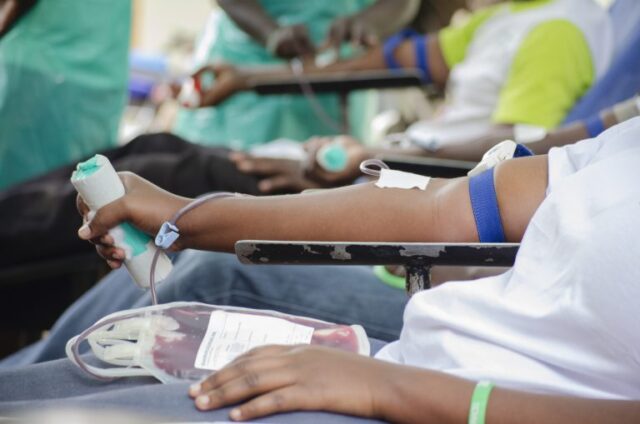Uganda has received 2,160 doses of a trial vaccine from the World Health Organization (WHO) and its partners. This is in response to an outbreak of Sudan virus disease (SVD), a type of Ebola. The outbreak has already led to the death of a nurse in Kampala, according to Ugandan authorities.
WHO is collaborating with the Ugandan Ministry of Health, Makerere University Lung Institute, and the Ugandan Virus Research Institute to develop research protocols and lead vaccine trials against the Sudan strain of Ebola.
The SVD virus is highly deadly, with a fatality rate ranging from 41% to 100%, depending on past outbreaks. Although there are no approved treatments or vaccines for Sudan virus, early supportive care has shown to reduce deaths.
Uganda has faced five previous outbreaks of SVD, with the most recent occurring between September 2022 and January 2023, resulting in 164 cases and 77 deaths.
In response to the previous outbreak, WHO gathered external experts to review vaccines that could protect against SVD. They recommended certain vaccine candidates for testing in Uganda, with the goal of developing an effective prevention strategy.
The vaccine trial aims to evaluate the effectiveness of a potential vaccine. If successful, it could help end the current outbreak and protect populations in the future.
Uganda’s Ebola outbreak is part of a wider trend of viral hemorrhagic fevers in East Africa. Recently, Tanzania declared a Marburg virus outbreak, and Mpox cases have been reported in Kenya and the Democratic Republic of Congo, raising health concerns in the region.
In response, Kenya’s Ministry of Health has reassured the public of its heightened preparedness. They have enhanced surveillance systems at points of entry and across counties.
The Ministry is urging people to stay vigilant, as Ebola spreads through direct contact with infected fluids, such as blood or secretions. A rapid assessment of Kenya’s response capacity is underway to create a comprehensive plan for future preparedness and response.




